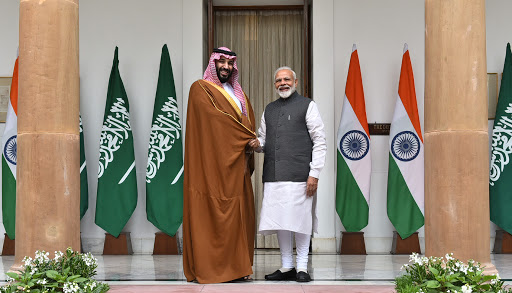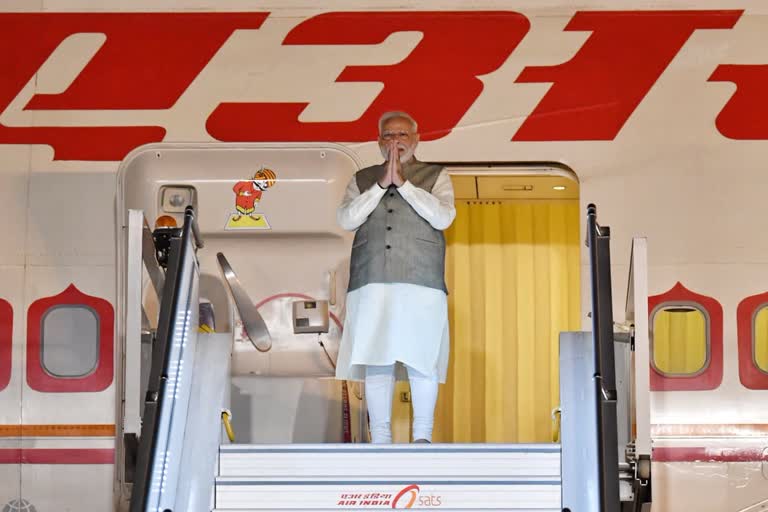New Delhi: Prime Minister Narendra Modi has left for a crucial visit to Saudi Arabia at the invitation of King Salman bin Abdulaziz Al-Saud. Besides attending the high-profile plenary session of the 3rd Future Investment Initiative (FII), nicknamed as 'Davos in Desert', a final agreement would be reached for the establishment of a mega refinery project on India's west coast during the visit.

Mother of all energy deals
Touted as the 'mother of all energy deals', the planned Ratnagiri Refinery and Petrochemicals Project would involve global majors Saudi Aramco, Abu Dhabi National Oil Company (Adnoc) of the United Arab Emirates (UAE), Indian state-run oil marketing companies Indian Oil Corporation (IOC), Bharat Petroleum Corporation Ltd (BPCL) and Hindustan Petroleum Corporation Ltd (HPCL).
To execute the project, which is also known as the West Coast Refinery Project, a joint venture has already been formed among the companies from three nations to set up the refinery at Ratnagiri in Maharashtra.
As per the information available, in the USD 40 billion (approx. Rs 3 lakh crore) initiative, Indian companies would hold 50 per cent stake.
"For the first time in the history of the world, three public-sector companies have come together to develop the world’s largest green field refinery at the cost of US $ 40 bn. This is going to help India to influence the ever-changing market dynamics in the oil industry", mentions a statement from the Union Petroleum and Natural Gas Minister Dharmendra Pradhan on the website of the Ratnagiri Refinery & Petrochemicals Ltd. (RRPCL).
Aramco's entry into India
Interestingly, this mega-deal comes on the heels of the deal announced in August this year between Reliance and Saudi Aramco, according to which RIL would sell 20 per cent stake in its refining and petrochemicals business to Aramco for $15 billion. According to the terms of the deal, Saudi Aramco will supply 500,000 barrels per day of crude oil to RIL's twin refineries in Jamnagar.
Strategic Petroleum Reserve (SPR) Programme
SPR is another important component of Modi's visit. With the help of Saudi Arabia, the government would set up 5 million metric tons (MMT) of strategic crude oil storages at three locations - Visakhapatnam, Mangaluru and Padur (near Udupi) - which would be in addition to the existing storages of crude oil and petroleum products. The storage facilities would act as a cushion during any external supply disruptions for India, which meets around 70% of crude oil needs through imports.
Besides, Indian Oil Corporation will sign an agreement to set up retail outlets in Saudi Arabia.
Indo-Saudi Strategic Partnership Council
Both sides will also firm up the first Indo-Saudi Strategic Partnership Council during the visit. Bilateral energy partnership will form an important component of the council and will fast track USD 100 billion investments committed by the Crown Prince of Saudi Arabia Mohammad bin Salman bin Abdulaziz Al Saud during his visit to New Delhi in February 2019.
Read more: Regional Comprehensive Economic Partnership: India’s Hamlet’s dilemma



